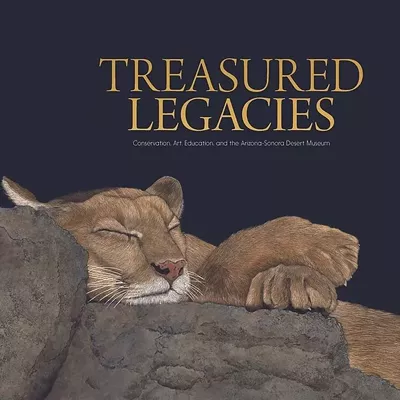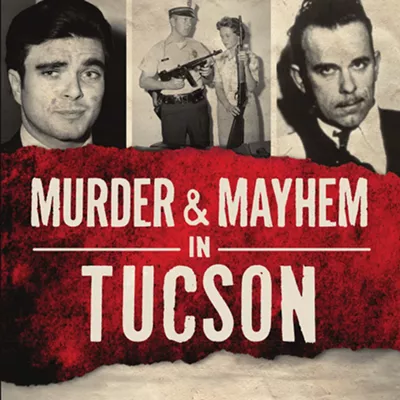Deep in the seventh chapter of this 10-chapter anthology of activist writing, instructor Judith Tannenbaum quotes a student from her San Quentin prison poetry class:
Say how ya' doing / Outside world? / Do you remember me? / I'm the intricate part / Missing from the whole / The one y'all decided to forget.
That notion could represent much of the writing in this gritty new collection, the clear purpose of which is to allow the marginalized to clang on a few bars.
The editors selected the entries with college students and other limited-attention-span folks in mind: Its 100-plus essays, short stories, poems and interviews are short and pithy. Included are usual suspects in the outspoken literary world—Adrienne Rich, Langston Hughes, Carolyn Forché, Toni Cade Bambara, Jimmy Santiago Baca, Gloria Anzaldúa and Naomi Shihab Nye, among others—as are lesser-known writers and significant writers not known primarily for their politics.
Defining social-action writing as "a form of critical inquiry and an act of social responsibility," the editors assert that they selected works based on the "concepts of breaking silence, bearing witness and celebrating resistance." Subjects in Fire and Ink run from personal, cultural and gender identity through the environment, social and political justice, imprisonment, war and peace. Though it was designed as a textbook for the Social Action Program at California State University at Monterey Bay, and it periodically directly addresses students, it also deserves a place outside the academic context.
As with any anthology, all the pieces aren't equally gripping. The weakest have a teacher-ly earnestness, a lack of irony, or a tedious solipsism. Coming-out accounts, for example, might be personally painful, but without style, humor or grace, they don't engage.
One essay, however, that overcame this writer's yawn is June Jordan's affecting and informative "Nobody Mean More to Me Than You and the Future Life of Willie Jordan." In it, a college class galvanized by a police shooting grapples to take a principled stand. The "informative" aspect of the piece includes the students' "Thirteen Rules" that define black English, No. 3 of which is: "If it don't sound like something that come out somebody mouth then it don't sound right. If it don't sound right then it ain't hardly right. Period."
The pieces are led by principle. They denounce injustice and flip off institutional power, assert self and nondominant culture, and celebrate the stances of individuals for a clean environment, world peace and—although you get a hint of a somewhat dated academic Marxism—universal human rights. It's safe to say that it won't appeal to the Tea Party contingent.
One strength of the collection is its credentials. Its nearly 90 authors have not only academic or professional CVs, but activist experience as well. Editor and poet Diana García, for example, was born in a migrant farm-worker labor camp in California's San Joaquin Valley. She opens one essay with, "My poems and stories begin at 5 in the morning ..." to the sounds of "Radio Campesina."
There's hardly a more authentic literacy experience than that of poet Jimmy Santiago Baca, who likes to tell his story of learning to write in prison. His story of learning to read in prison, which appears here, might be less familiar. Belligerent and jailed twice by age 20, he gets interested in language by hearing inmates read to each other. He gets interested in reading through a couple of books he steals.
Some true social-activist heroes are too busy or modest for self-promotion. One tale of remarkable courage opens with notable rhetorical restraint: "On July 5, 1967, I was on my motorbike en route to Binh Phuoc Village, when another social worker ... waved me down and told me that four (workers) ... had been murdered. Their bodies were still on the ground." The writer, Chân Không, is a Buddhist nun who would then stand up to the Vietnamese government and step in where the Red Cross didn't dare, collect rotting bodies during the Têt Offensive, and defy both government and guerillas by sheltering 11,000 refugees against the bombing. She concludes in the same calm voice with which she opened: "I learned that we must resist war at any price. Once a war gets started, it has a momentum and intensity that are very hard to stop."
Overall, Fire and Ink is passionate, thought-provoking and disquieting, a nails-down-the-blackboard jolt to social complacency.






